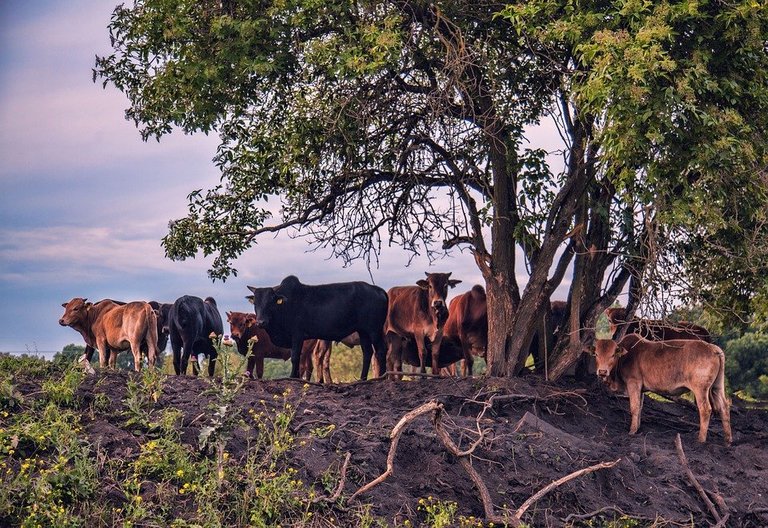
The Venezuelan State has the responsibility to promote and protect national agricultural production, through the optimal use of land, infrastructure improvements, provision of inputs and technical training. All this According to the Constitution of the Bolivarian Republic of Venezuela (1999) in its Article 306.
In addition to this, all production units must be managed objectively and systematically, this in order to make good use of all available resources, in order to obtain results that contribute to the development of the producer, increase their social responsibility and the commitment to be at the service of agriculture and / or breeding. Every owner at the time of starting a production process sets new goals, such as working in a comfortable environment, having the free will to make their own decisions at the time they deem necessary and of course cover all their needs.
In Venezuela, bovine breeding has an extensive development throughout the national territory, but it is the llanero states, together with the Zulia State, that are the ones that boast the production and exploitation of this item. Predominating the double purpose cattle, since its exploitation is for obtaining meat and milk.
The breeding of cattle in Venezuela is of great importance for the national income and for the community's food strategy, since its exploitation generates important financial resources and the production of meat, milk and its derivatives is a significant part of the Venezuelan diet .
However we have that, the cattle exploitation in the Zulia state, is significant for being of double purpose, that is to say, meat and milk production, which is key for the supply of the national market; while in the central and western-central plains the development of haciendas, herds and farms is common, with the sole purpose of bovine breeding, mainly for obtaining meat. Other regions of the country also stand out in terms of the production of this animal category, such as the Guayana area, the Andean slopes and the Falconian sierra.
At the same time, we can point out that although pig farming does not require much space for exploitation, it does require a large investment and complexity in its structure, thus being the states with the highest production in Venezuela: Aragua, Carabobo, Cojedes, Zulia and Miranda. Now maybe for this reason it is only served for the meat and sausage industry.
On the other hand, the poultry operation in Venezuela has a great development, since the demand for chicken and egg meat is high. The states of the country with the highest production of these items are: Aragua, Monagas, Portuguesa; Zulia and in a lesser proportion Miranda.
However, there is also another livestock operation in Venezuela, destined for the harvest of meat and skins, located in the states of Falcón and Lara, because it has semi-desert climates suitable for goat farming, while sheep farming is registered in Merida, Trujillo, Falcón, Lara and Zulia.
So we will say that, agricultural exploitation, especially the breeding of cattle, are a fundamental economic factor in the lives of peoples, provide agricultural driving force and essential food in sustaining the human race through meat, milk and derivatives . The bovine production in the tropical zone is of transcendental importance, since there is a strong tradition for its exploitation, having large areas of land destined for it and generating a profitable business. Cattle farming in tropical countries is of vital importance, both for economic development and for the agri-food safety of the people.